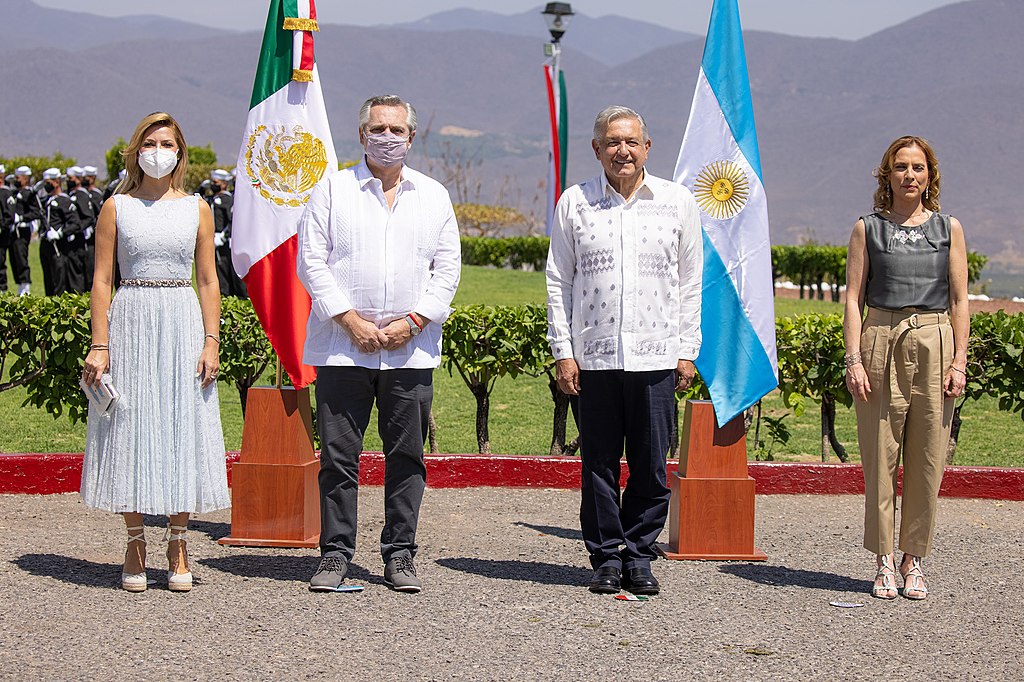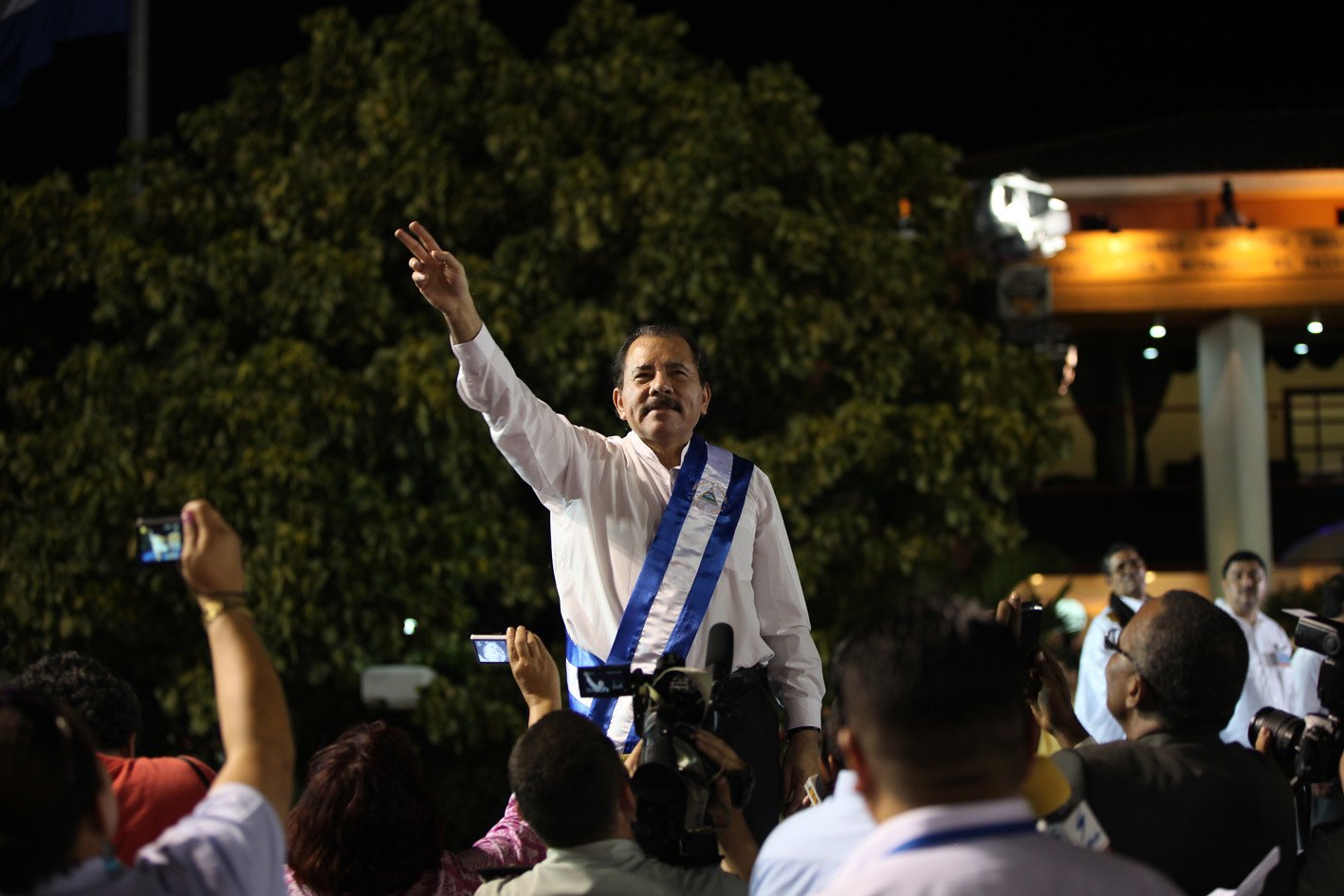An attempt by the Biden Administration to host the 9th Summit of the Americas is in jeopardy after a refusal to invite Cuba, Venezuela, and Nicaragua has drawn backlash from even some of the US’s closest allies in Latin America.
The White House has less than two weeks to reconcile their desire to “build a sustainable, resilient, and equitable future for our hemisphere,” with their unilateral exclusion of several countries, and the self-determined exclusion of several others.
Among the countries now questioning the ethics of Biden’s decision are Argentina, Guatemala, Bolivia, and Honduras. Brazilian President Jair Bolsonaro also criticized the decision but has decided to attend the summit after careful American prodding. Several Caribbean nations have also said they are considering not sending representatives.
Nevertheless, State Department spokesperson Ned Price commented that they “are confident that there will be robust participation”.
The real issue is Mexico, a regional leader, economic powerhouse, and the first country to speak out against the exclusions. Without them, the U.S. will not be able to make any meaningful agreements on illegal immigration. Mexican President Andres Manuel Lopez Obrador has said he will make his decision on Friday.
Reuters reported on Wednesday that “CariCom” or the Caribbean Community, will almost all attend the summit, missing only St. Vincent and the Grenadines.
However Antigua and Barbados’ Ambassador to the US said on Thursday they will not attend if Juan Guaido, a man who the US recognize as the so-called Interim-President of Venezuela and who it has been said could attend the summit, is present “physically or virtually”.
“The Summit of the Americas is not a meeting of the United States, so it cannot decide who is invited and who is not,” said the Ambassador, noting that it is a summit of all the heads of state of the Western Hemisphere.




